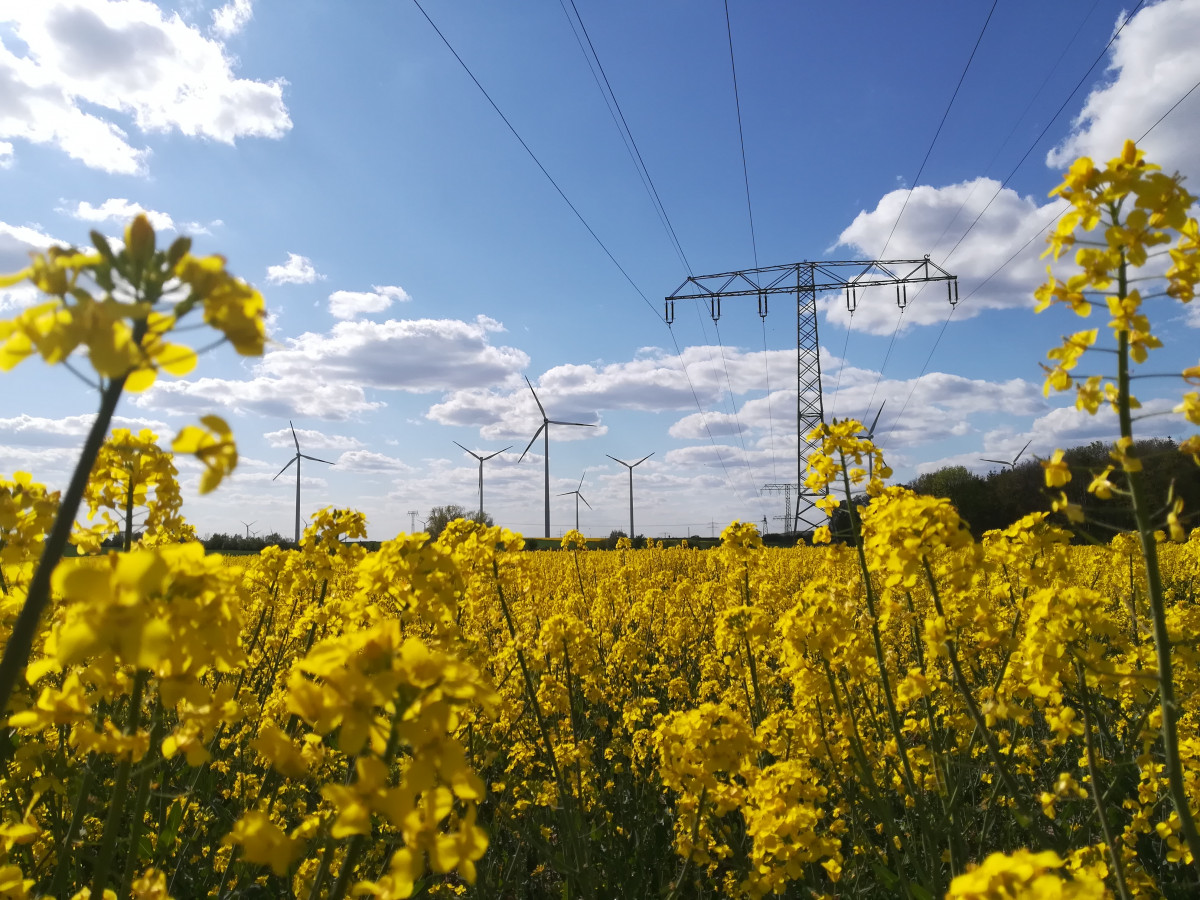Germany will need much more renewable power than govt assumes - Greens' Nestle
Clean Energy Wire: What will be the most important topics in Germany’s climate and energy policy in 2021, also taking into account the pandemic and its effects?
Ingrid Nestle: The key question will be whether the expansion of renewable energies picks up speed again and reaches the necessary pace quickly to facilitate the coal phase-out and the electrification of other sectors. Success in climate protection depends on this, not only in the electricity sector but also in heating, transport and industry. The question of how EU climate policy will continue to develop is also very exciting: whether the volumes in the EU ETS will be adjusted to the commitments made in Paris and whether the fleet emission limits will finally ensure that the car companies offer much more climate-friendly vehicles. When granting economic aid - among other things for recovery from the pandemic - it is important to invest in climate-friendly technology right away. The time for so-called bridge technologies is simply no longer available in most areas of application.
What influence will the general elections have on Germany's climate efforts, and vice versa? What role will this topic play in the Greens' election campaign?
The topic of climate protection will be central to the Greens' election campaign, because the next legislative period is the last chance to finally get on track and make a fair contribution to the Paris targets. At the same time, the preconditions for real success regarding the climate have never been so favourable. Thanks to the broad mobilisation by the Fridays for Future movement, society's willingness to engage with the topic has grown considerably. Meanwhile, all necessary technologies are available at economical prices. We can get started.
While the other large parties have recently edged towards the Greens’ positions in the fight against climate change, the party might face competition from more radical activists during the election campaign. The most prominent example of this is the activists' fight against motorway construction in the Dannenröder Forest, which was greenlighted by your party. What's your position on this development? How should the Greens approach this problem?
It is good and right that pressure for more climate protection is increasingly being brought to bear on politics. For young people, their own future depends on it and the measures taken so far are grossly inadequate. However, in my view, some of the pressure is directed at the wrong issues. In the case of the Dannenröder Forest, which you mentioned, in contrast to the recent conflict over the Hambach Forest [due to a lignite mine expansion], all the legal battles had already been lost and there was no longer any legal leverage. This has led to a lot of frustration and wasted energy that could be put to good use on issues where there is a lot to be gained for the climate.
Many people fear that Germany's reform of the Renewable Energy Act (EEG) will not be sufficient to allow the electrification of industry, heating and transport. What should the current and future government do to ensure that enough wind turbines and solar parks are built?
Above all, the expansion rates must be corrected significantly upwards. By 2030, at least 80 percent renewables in the electricity mix will be necessary. At the same time, we will need much more electricity than the federal government currently assumes. This is because transport, heating and industry also need clean energy for their future development. To ensure that these larger capacities can actually be realised, accompanying measures should be implemented: Permit simplifications, more benefits for residents living near wind and solar farms, better coordination between the federal and state governments on the expansion roadmap, and broad education on the facts about wind power.
Many NGOs and researchers call for profound changes in Germany's system of energy and power market taxes and levies. What's your and your party’s opinion on this? What fundamental reforms will the Greens call for?
A reform of the electricity market should have already taken place in this legislative period. Many experts had expected this before the previous election. The goal must be for consumers and storage facilities to finally benefit appropriately when they react flexibly to the availability of wind and solar power. We will advocate a reliably effective CO2 price, with revenues benefitting the people. At the same time, the thicket of distorting exceptions and special rules should be thinned out and a reduction or dynamisation of the EEG surcharge should ensure that grid-serving behaviour pays off even in the short term. The grid fees should be designed in such a way that large hydrogen producers do not significantly exacerbate the grid bottlenecks.



